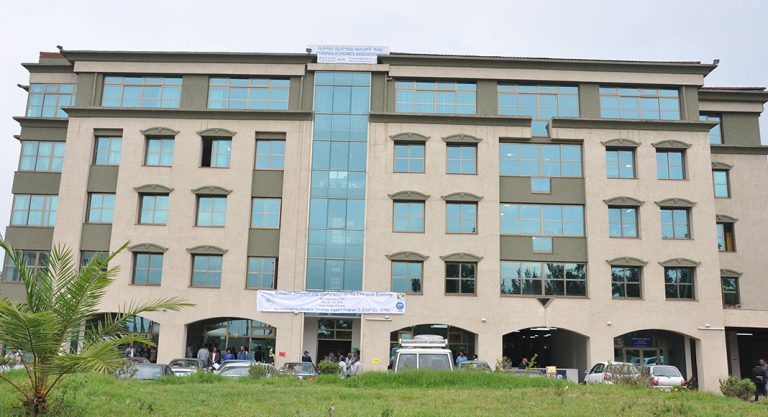Economists under the Ethiopian Economics Association have advised the government to increase transparency in the foreign exchange market to help reduce the steady fall of the Ethiopian Birr. They warned that continued depreciation could worsen inflation and affect food availability across the country.
The advice came after the Association carried out a study across eight regions, including Addis Ababa and Dire Dawa. The research, which focused on Ethiopia’s macroeconomic trends, revealed a strong link between exchange rate fluctuations and rising inflation—especially for non-food items.
According to the study, the current inflation problem is not only caused by too much money in circulation or high demand. Structural issues like low supply of goods and high import costs are also pushing prices up. The researchers noted that although the differences in exchange rates across banks are not too wide, the existing gap between the official and black market rates, currently around 20 percent—needs urgent attention.
They advised the government to allow more openness in the forex market, cut down on administrative bottlenecks, and manage reserves better. Boosting exports, attracting more foreign direct investment (FDI), and encouraging remittances from Ethiopians abroad were among the proposed solutions.
The study further recommended cautious economic reforms to stabilise the currency, as well as local efforts like increasing domestic production and promoting peace. The experts also stressed the need to address regional inflation rates individually and reduce the country’s heavy dependence on imported goods.
On inflation control, the report urged policymakers to cut down the cost of importing essentials such as food and fuel, while finding lasting solutions to manage inflation-related costs. It also encouraged shifting focus from exporting raw materials to processed goods in order to earn more and create jobs locally.
